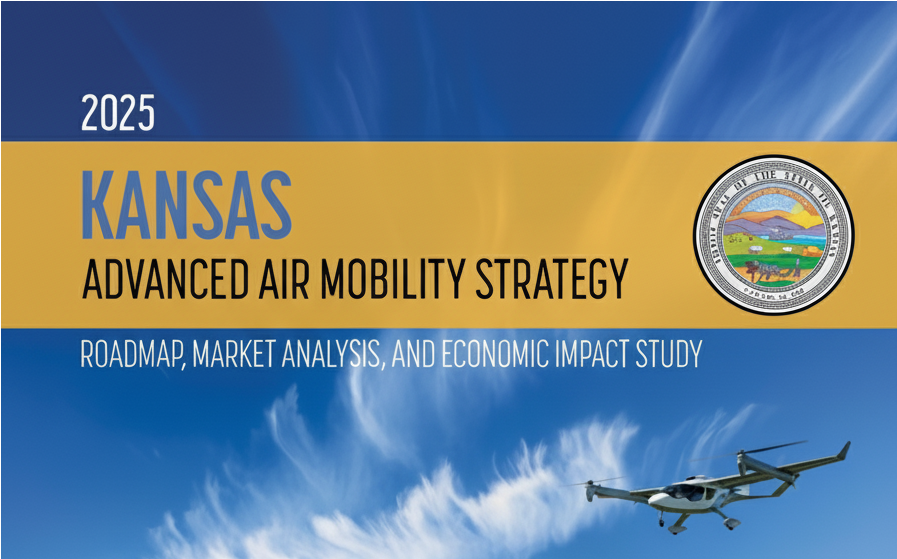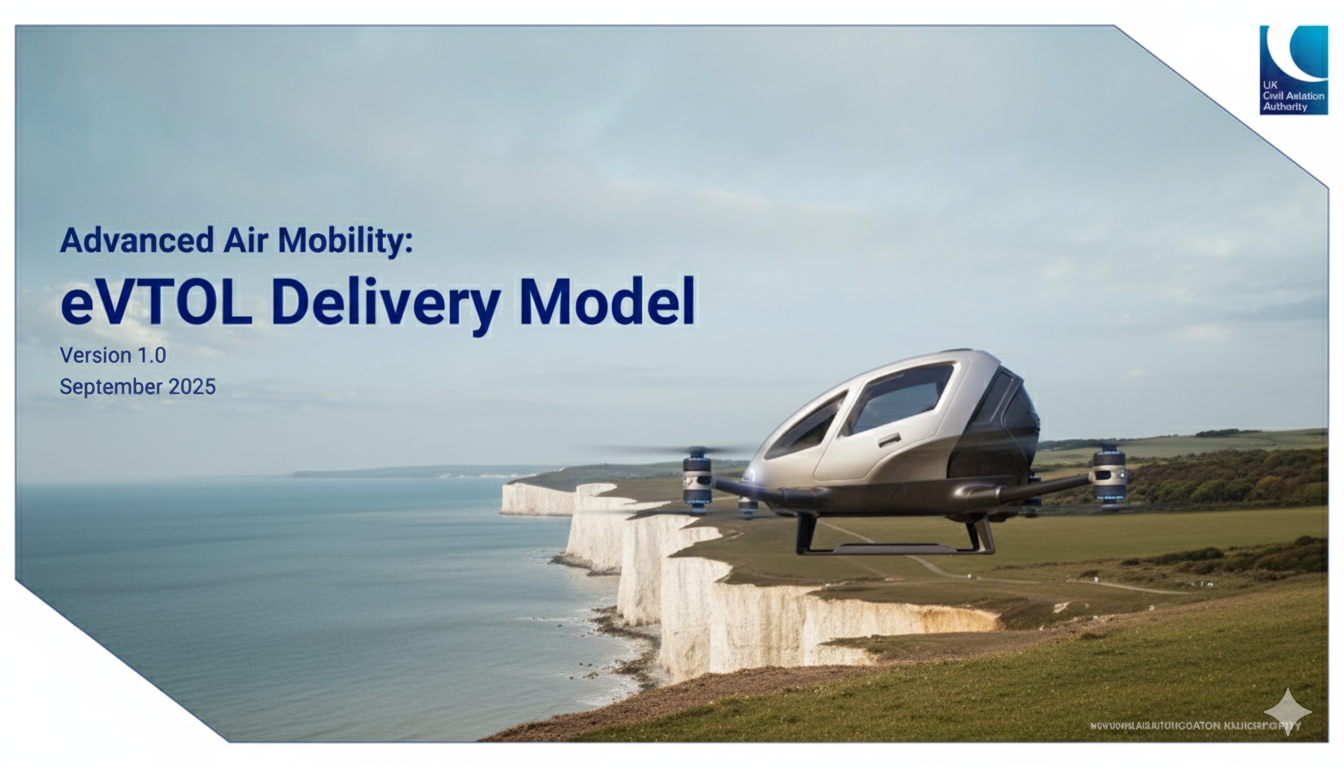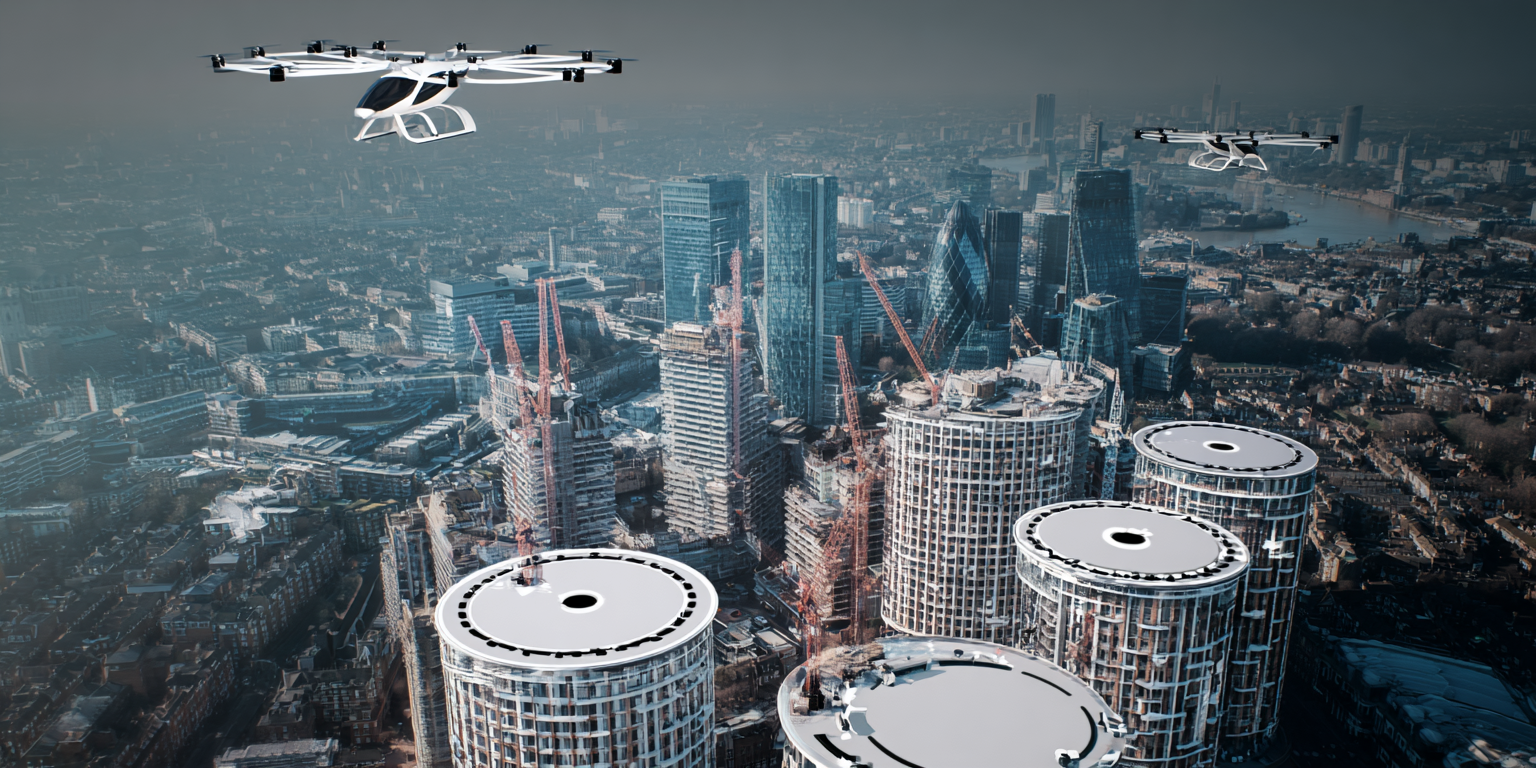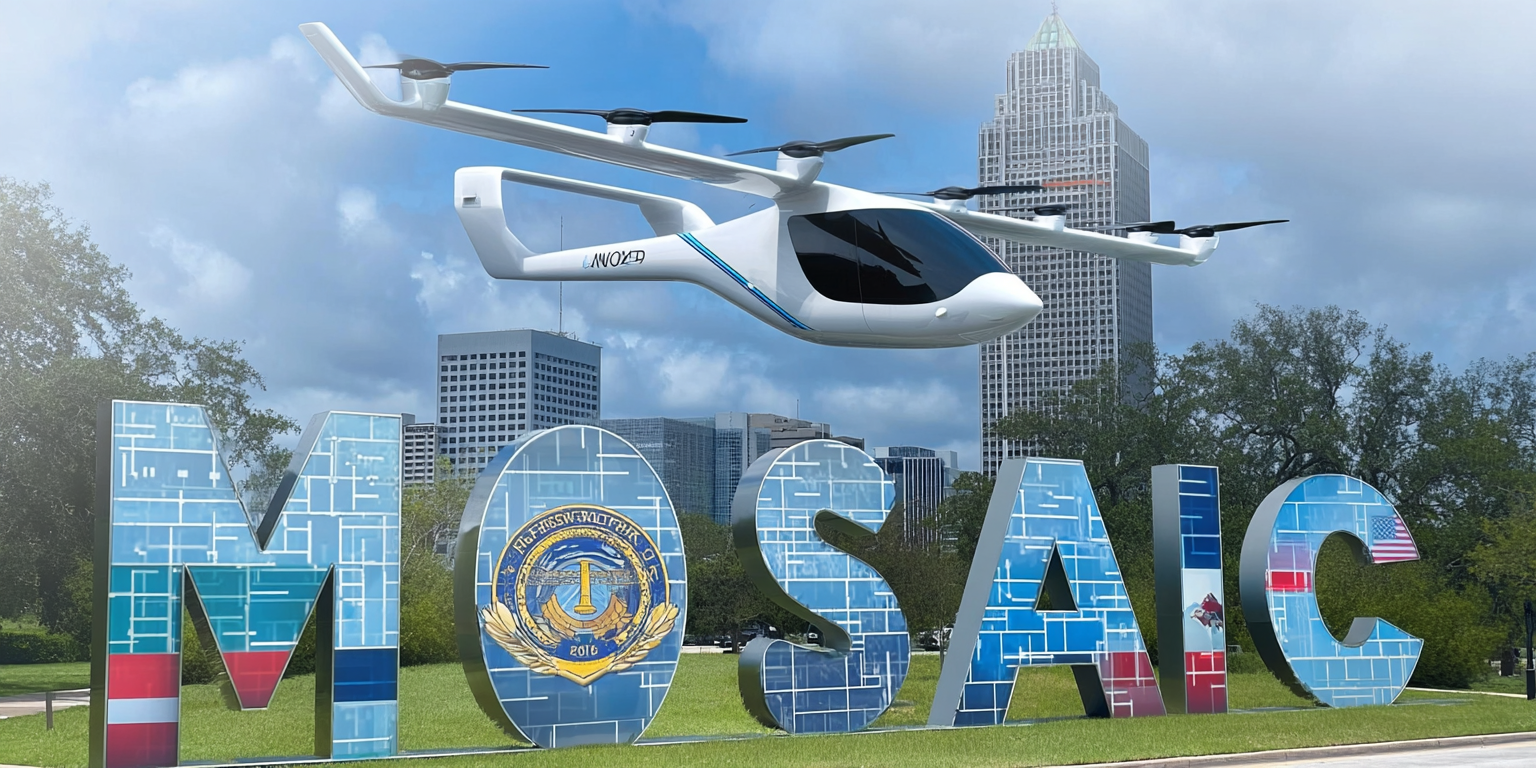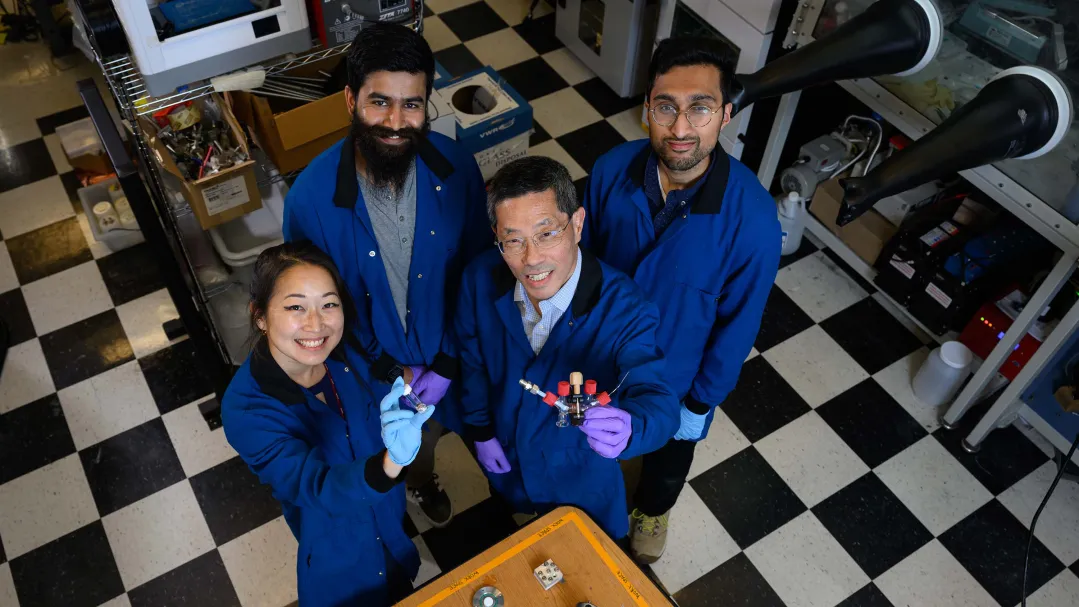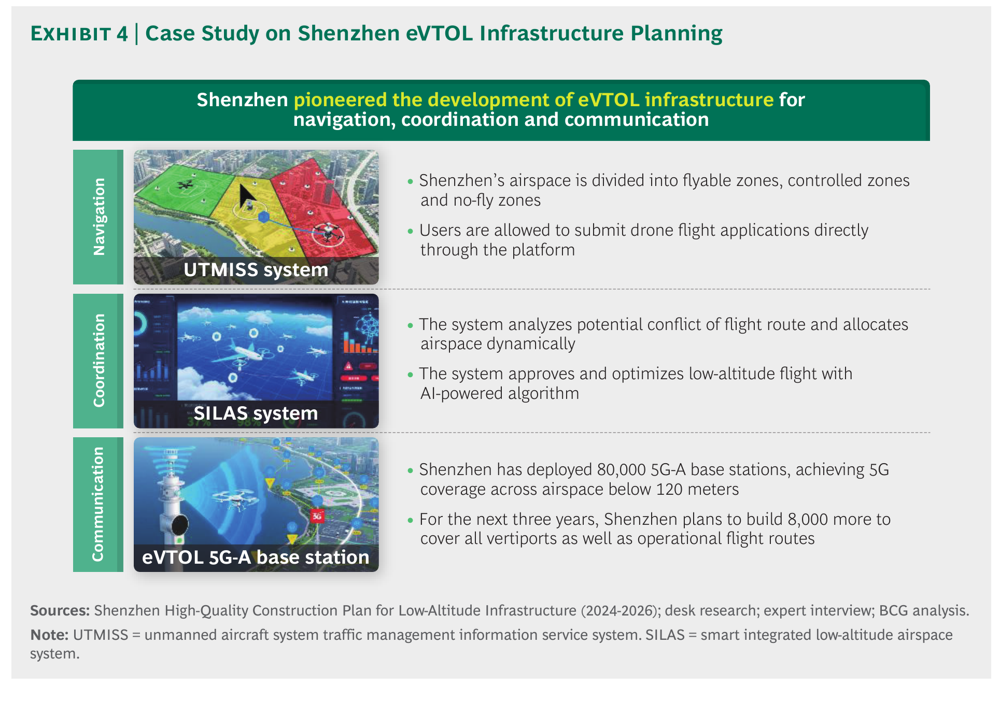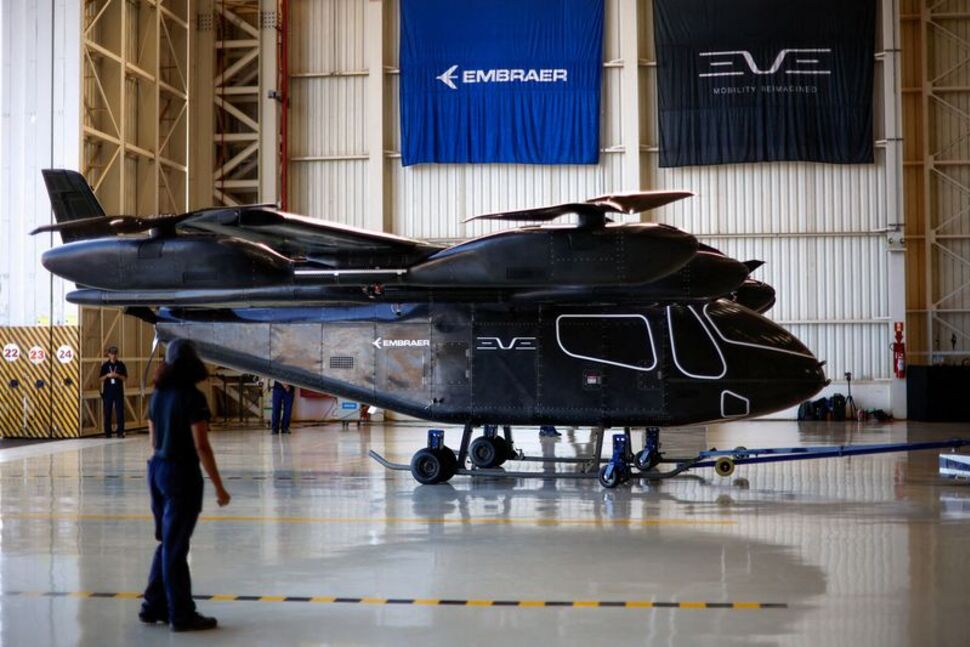eVTOL News | Electric Aircraft News | Advanced Air Mobility News
News
- The eIPP Federal Pilot Program Fast Tracks the US Low Altitude Economy
- The Battle for eVTOL Supremacy: Joby and Archer Aviation Race to Reshape the Low Altitude Economy
- CycloTech Completes Summer Flight Test Campaign: Validating Digital Twin Capabilities
- Low-Altitude Economy, High-Altitude Expectations: Chongqing's Low-Altitude Reality Check
- 1,504 Vertiports Planned Worldwide: Global Infrastructure Surge Signals Low Altitude Mobility Maturity
- Hong Kong’s Strategy to Dominate the Low-Altitude Economy
- Singapore's vision for the Low Altitude Economy: SINGAPORE NATIONAL AVIATION SAFETY PLAN 2025-2027
- Hurricane-Force eVTOL Downwash: How 3 Companies Are Solving Low Air Mobility's Biggest Safety Challenge
- AIR’s Air One granted FAA Airworthiness Certificate
- Beyond Aero’s BYA-1 Hydrogen Aircraft: Program Update 2025

